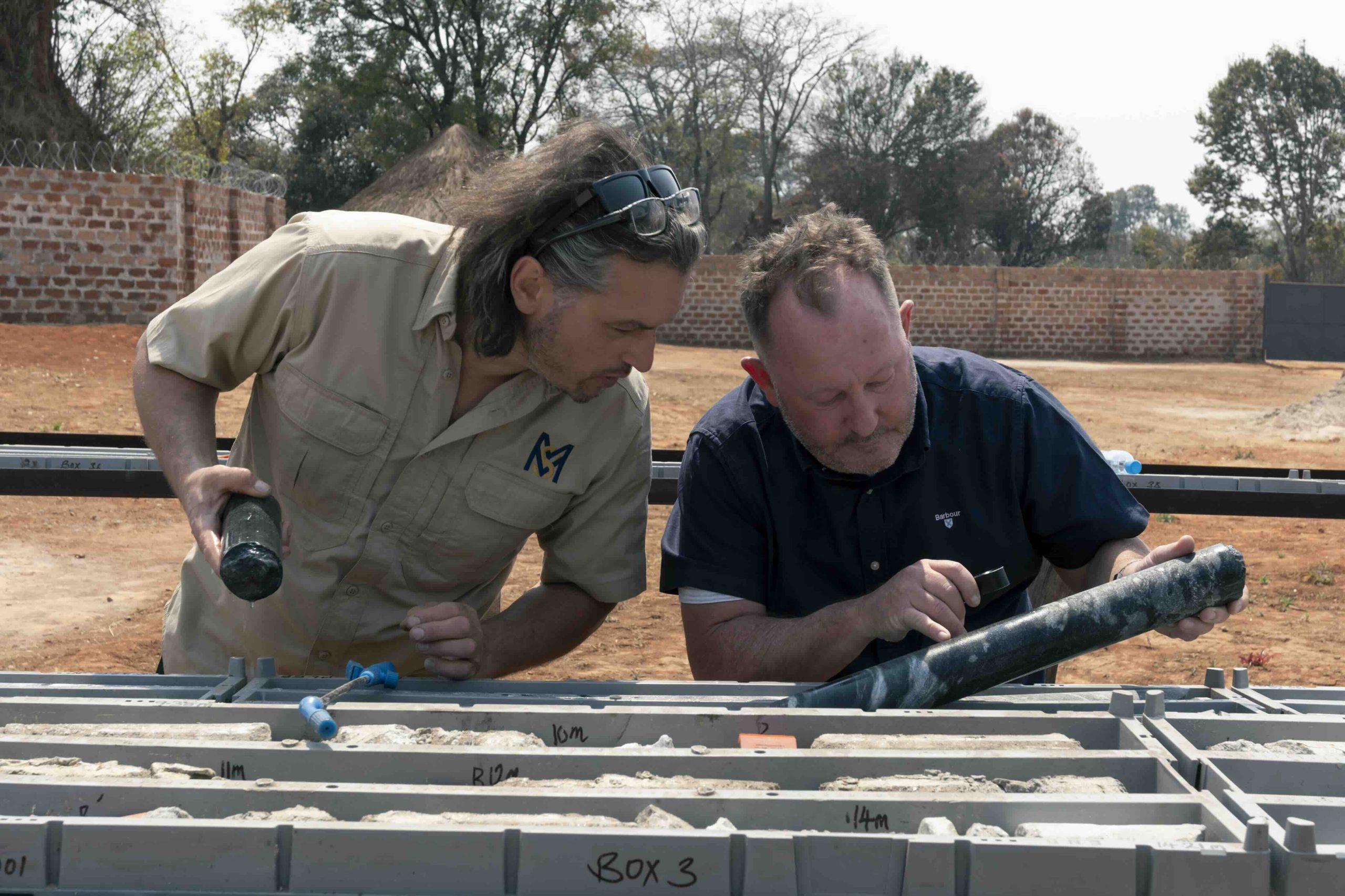Exploring Digital Transformation at APCOM 2019
Machine learning has the potential to transform mineral exploration, according to MICROMINE. And Australia’s leading mining solution provider will be discussing just this at APCOM 2019.
More than 500 delegates from across the globe are expected to travel to Wroclaw, Poland in June to discover the latest developments in the application of technology in the mineral industry at the 39th Application of Computers and Operations Research in the Mineral Industry (APCOM) conference.
MICROMINE’s Geobank Product Strategy Manager, Ian Whitehouse, will be a keynote speaker at the prestigious international symposium with the theme “Mining Goes Digital”, focusing on all emerging digital technologies in mining.
“The application of machine learning to the process of collecting and analysing geological data in mineral exploration has the potential to transform the way explorers operate,” explained Mr Whitehouse, who is presenting on the topic of “Transforming Exploration Data Through Machine Learning” on 6 June.
“By adding machine learning to the process of collecting and analysing geological data, we vastly reduce the time a geologist spends doing administration work, enabling more time to concentrate on the quality and analysis of the data collected.
“This type of offering creates opportunity to lower exploration costs and increase the amount of data that can be collected, which are key drivers of the mining industry and will contribute to more exploration projects being approved.”
The traditional process of plan – drill – observe – measure – analyse, can be inefficient, and the application of technology and machine learning can address common issues such as inconsistent data collection and categorisation, Mr Whitehouse said.
“In the exploration industry it is very common to find that one geologist has classified a rock and the next has classified it as something different. This has huge complications when trying to model the data. However, machine learning algorithms can be used to fix these inconsistencies and errors in the databases prior to the resource geologist working with the data.”
Machine learning can be tapped by the resources industry to streamline geological processes, such as cleansing and validating data prior to starting the modelling process.
“High quality DSLR cameras can provide a tool for exploration companies to collect high quality imagery of core and chip trays. Machine learning algorithms can recognise features in the images. It is feasible for this data to be automatically collected and stored in a database,” Mr Whitehouse explained.
To illustrate the power of machine learning, MICROMINE built an algorithm to determine and map the spatial extents of core imagery in a core tray photo. The application of this technology will result in the reduction of man-hours required to manually review and analyse core tray photography.
More than theory, MICROMINE is incorporating machine learning into its solutions, with the results of the research project leading to the functionality being incorporated into the Geobank data management solution, enabling core tray images to be transferred into the database and displayed in Geobank drill-hole trace along with other downhole data.
MICROMINE’s presentation will form an integral component within APCOM’s technical program, which is presented within six streams: Geostatistics and Resource Estimation; Mine Planning; Scheduling and Dispatch; Mine Operation in Digital Transformation; Emerging Technologies and Robotics in Mining; and Synergies from Other Industries.
Mr Whitehouse will be joined by around 100 international presenters from science and industry at the three-day APCOM conference. Representatives from global exploration companies will be in attendance, gaining insights into how digital transformation will impact all aspects of mining from resource estimation to mine operation and safety.

{{ commodity.name }}
{{ post.title }}
{{ post.date }}




Comments